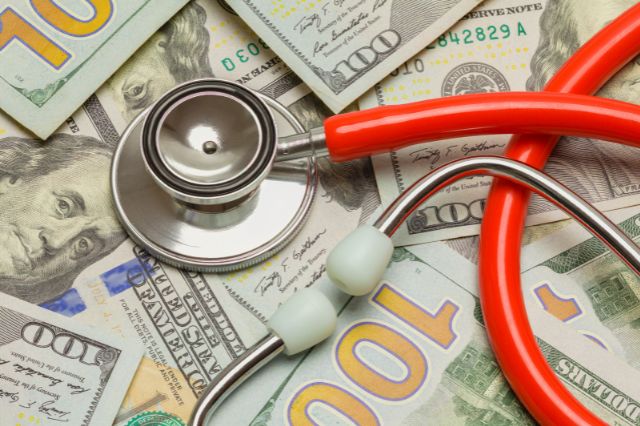Even though many of us use cars every day, driving remains a dangerous activity that puts you at the mercy of other people’s bad choices and carelessness. Sometimes, that carelessness can have serious effects, such as when a stranger injures you in a car accident. While it can be scary navigating the health care landscape, we want you to know that you’re not alone in wondering how to cover medical expenses after a car accident.
Worker’s Compensation
If the accident occurred during the “course and scope” of employment, you may have access to worker’s comp. Things like driving to visit clients, making deliveries, and running business errands typically count towards worker’s comp, while travel to and from work does not. Make sure to research the regulations and know if your employer is required by law to have workers comp insurance.
No Fault Insurance Claim
In some states, you can file a claim with your car insurance provider and they will pay for medical bills regardless of who is at fault. Not every state has this law, but definitely take advantage of it if you’re in a state that does. People often refer to these policies as “no-fault” laws, though they do have certain minimum requirements that drivers must meet before qualifying.
Here’s a list of the current no-fault states, as of 2022:
- Florida
- Hawaii
- Kansas
- Kentucky
- Massachusetts
- Michigan
- Minnesota
- New Jersey
- New York
- North Dakota
- Pennsylvania
- Utah
Medical Payment Insurance Coverage
If you have car insurance, your provider may have medical payment insurance coverage. This policy will cover medical expenses up to a certain amount, usually in the neighborhood of $10,000 dollars. While this may not cover all of your bills, it can certainly be a huge help toward paying for expensive treatments and therapy.
Medicaid Coverage
Medicaid is a government health insurance provider that assists people who have lost their jobs due to injury, such as in a car accident. If you qualify, Medicaid will pay for your future medical expenses, and maybe even some of your past bills. This is particularly helpful if you’ve already had to start seeking treatment and are receiving bills you need help financing.
Non-Recourse Litigation Funding
Litigation funding is a new facet of the personal injury world. Basically, litigation funding is when a third party offers to pay your medical expenses (or other life expenses like groceries, tuition, or rent) on the condition that you pay them out of the settlement before you pay yourself. In a non-recourse loan, you only have to pay the third party if you win the settlement.
We hope this list of ways to cover medical expenses after a car accident has been helpful. We know that it’s a frightening time and the last thing anyone wants to think about is money, especially when you’re busy making sure you have everything you need to recover. Take some time to go over the options and decide which one is best for your situation.
It’s also important to remember that every situation is different. If you’re faced with high medical costs following a car accident, speak to your insurance agent or a lawyer to make sure you get the compensation you’re entitled to.









